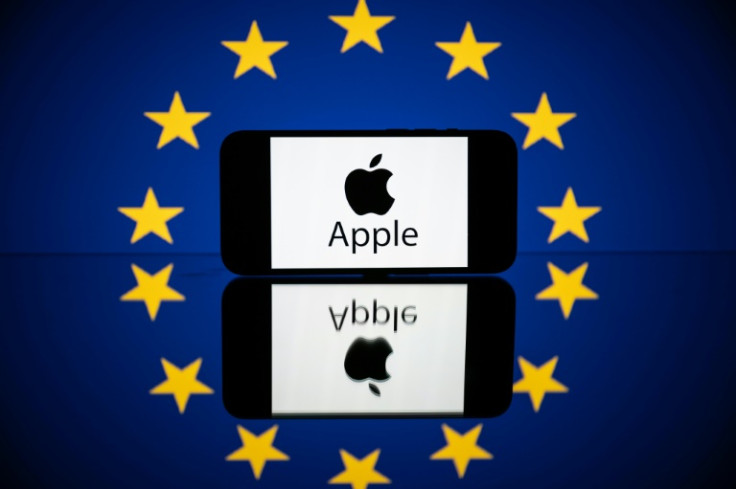EU Hails 'Change' As Apple Opens App Store To Competition

The European Union's digital enforcer celebrated on Friday the "change" underway in the tech world after Apple yielded to a new EU law by announcing it would allow alternative app stores on the iPhone for the first time.
The significant overhaul, which will take place in March when the European Union's sweeping Digital Markets Act comes into force, will curtail the dominance of the App Store, which has been a mainstay of the iPhone since 2008.
"The DMA will open the gates of the internet to competition so that digital markets are fair and open," European internal market commissioner Thierry Breton said when asked by AFP about Apple's announcement. "Change is already happening."
Breton said that from March 7, when the law comes into force, the European Commission will assess the proposals of tech companies, "with the feedback of third parties".
"If the proposed solutions are not good enough, we will not hesitate to take strong action," he warned.
He said the DMA means "more choice for consumers and more opportunities for smaller innovative tech companies."
With the major changes announced by Apple on Thursday, users will for the first time be able to download software from outside the App Store and they will be given new options to process payments.
Other changes include giving users the option to download an alternative web browser when they first open Safari in the latest version of the iOS operating system. Until now, users had to go into the settings to change the default browser.
In its announcement, Apple criticised the DMA for creating "privacy and security risks" and said the company is installing safeguards to reduce them.
Apple said the new options for processing payments and downloading apps "open new avenues for malware, fraud and scams, illicit and harmful content".
"Even with these safeguards in place, many risks remain," it said.
"The changes we're announcing today comply with the Digital Markets Act's requirements in the European Union, while helping to protect EU users from the unavoidable increased privacy and security threats this regulation brings," said Apple's Phil Schiller, who leads the App Store.
The EU has bolstered its legal armoury to rein in Big Tech, with stricter rules to protect European users online and to boost competition in an industry dominated by US giants such as Apple, Amazon, Google, Microsoft and Meta, which owns Facebook and Instagram.
Companies found infringing the Digital Markets Act expose themselves to fines that could reach as high as 20 percent of their global turnover, or even orders to be broken up in serious cases.
Meta and Chinese-owned TikTok have launched legal challenges to the law.
Apple said it would give EU users "guidance" in March to help them "navigate complexities the DMA's changes bring -- including a less intuitive user experience".
A senior European official noted that Apple had similarly complained about -- and ultimately complied with -- EU rules that force phone makers to adopt a universal, USB-C charging cable.
"It's the same story as the common charger. They make drama but eventually they comply," the official said on condition of anonymity.
"If they are worried about security, it means they have not done the job right and the commission can go after them because a degradation of product and service features, like security, would not be in line with DMA obligation," the official added.
© Copyright AFP 2024. All rights reserved.





















